Text
A windy day with a moderate temperature will make you feel like you got reborn into a world that really loves you this time
74K notes
·
View notes
Text
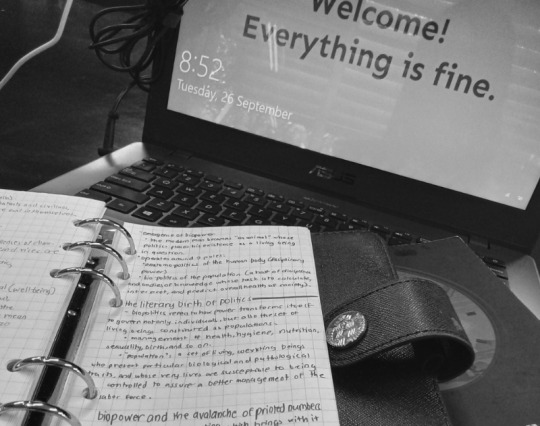


fourth week of september, 2023
posting because my mental health dipped over the weekend. midterms was whack, I'm pretty sure i failed general zoology, didn't comprehend discrete maths, and not satisfied with my score in biostatistics. PE (badminton) and zoology lab is fun though, i always look forward to it every week.


anyways, meet charlie from our zoology lab!

7 notes
·
View notes
Text
and this is why i identify with the name, factotum.
“it’ll take too long to learn xyz”
learning is everlasting. you do it everyday. you are now just being intentional with where your attention and energy is going. why aim for mastery when you can aim for enlightenment?
the time will pass anyway. do it. learn it. no one is stopping you but you! don’t waste anymore time wishing you were a genius from day 1 then continue staying in the same place. 1 year forward, you’ll wish you had started. stop that cycle and just start now.
the future you bears the fruit the present you labors.
growth is beautiful, don’t knock it.
725 notes
·
View notes
Text

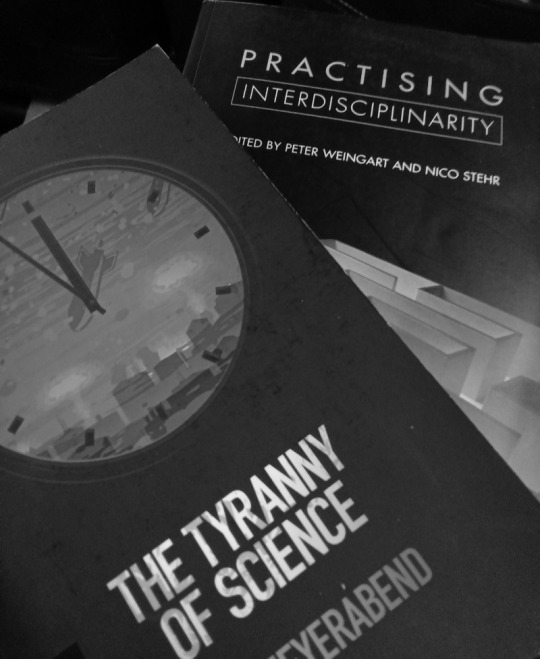

third week of september, 2023
i sometimes wonder if I'm truly a stem major based on my interests. so i decided to read something related to science (is still philosophy tho)
agenda for next week:
long test for biostatistics and general zoology
thinking of starting a medium blog
performance activity for badminton
attending seminars from department of humanities
trying out mahjong(?)
cheer relly with mandatory attendance
3 notes
·
View notes
Text



day in the life of a stem freshman.

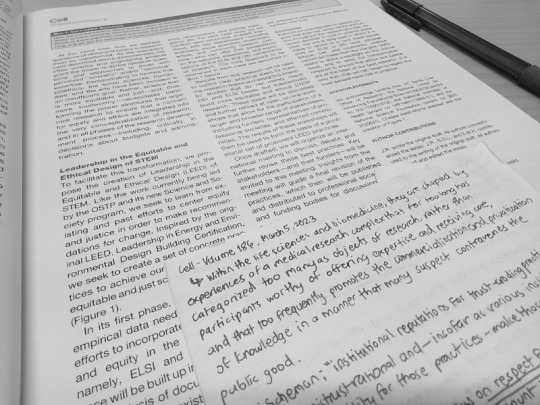
2 notes
·
View notes
Text


the uncontrollable urge to annotate on borrowed books from the library.

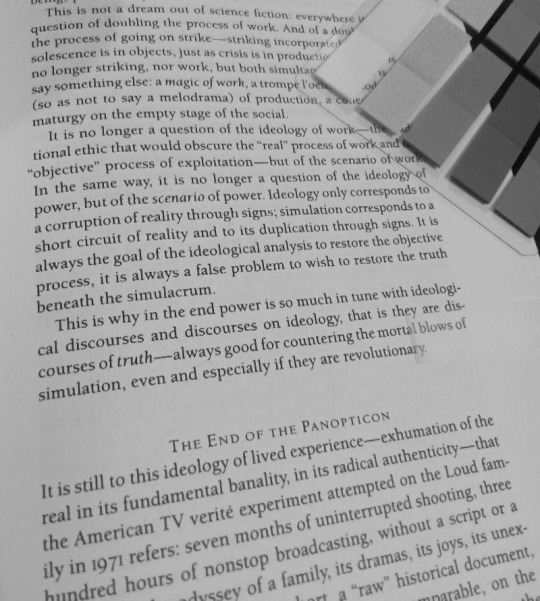
12 notes
·
View notes
Text
#this is LITERALLY our exam coverage for next week


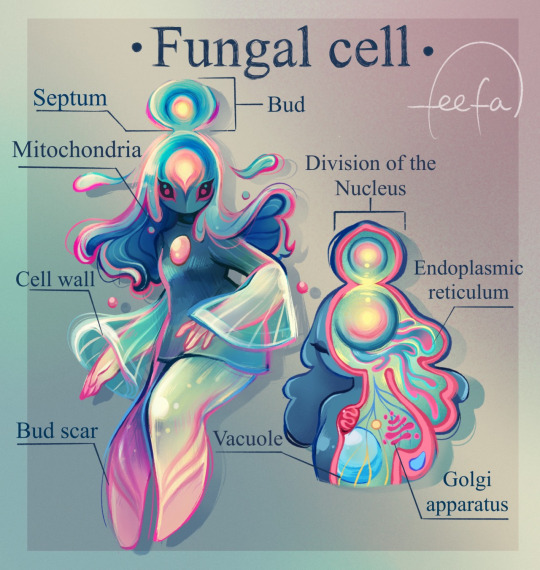
Eukaryotic cell gang!! We love women in STEM.
The organelles of the cells have been translated into human anatomy, so the nucleus is the brain, the vacuole function as the lungs, and the mitochondria is the heart since it’s the… you already know, I don’t have to say it ;)
116K notes
·
View notes
Text
youtube
Why I believe in the fine tuning argument.
0 notes
Text

Currently in my 3-hour biostatistics class while making this post. I want to skip this class since it's just so much easier to self-study than listen to our prof.
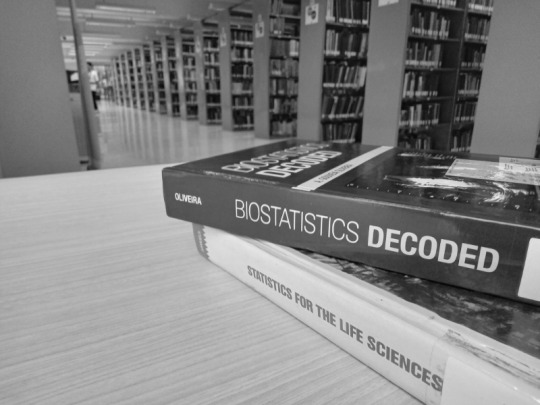
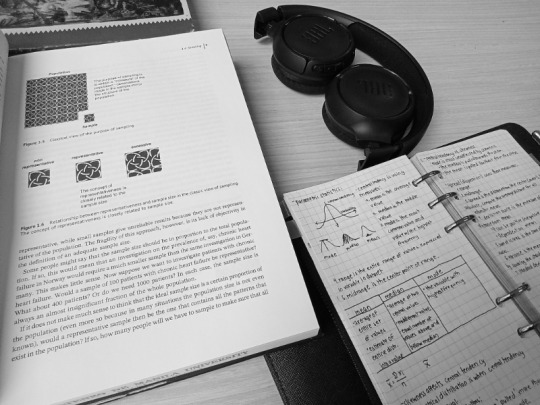
Also, this week is our university's org week! I just signed up for 7 orgs-
10 notes
·
View notes
Text
Navigating Pleasure and Pain: Exploring Philosophical Perspectives on Well-Being
The philosophy of pleasure and pain delves into the complex nature of these fundamental human experiences, seeking to understand their significance, ethical implications, and impact on our lives. It encompasses a range of perspectives and theories that shed light on the interplay between pleasure, pain, and our understanding of well-being and morality. Let's explore some key aspects of this philosophical domain.
Hedonism: Hedonism is a central theory in the philosophy of pleasure and pain. It asserts that the pursuit of pleasure and the avoidance of pain are the ultimate goals of human life. Different variations of hedonism exist, such as:
Ethical Hedonism: This theory posits that actions should be evaluated based on their ability to maximize pleasure and minimize pain. However, critics argue that purely pursuing pleasure can lead to morally questionable actions.
Psychological Hedonism: Psychological hedonism suggests that all human actions are driven by the pursuit of pleasure and the avoidance of pain. Critics challenge the universality of this claim, pointing to instances where people willingly endure pain for higher purposes.
Utilitarianism: Utilitarianism, introduced by philosophers like Jeremy Bentham and John Stuart Mill, posits that actions are morally right if they promote the greatest happiness or pleasure for the greatest number of people. It evaluates actions based on their consequences and aims to maximize overall well-being while minimizing suffering.
Pain and Pleasure Paradox: The relationship between pain and pleasure can be paradoxical. Some philosophers argue that pain can enhance pleasure by providing contrast and making positive experiences more meaningful. Others explore whether certain forms of pleasure can lead to pain in the long run.
Epicureanism: Epicureanism is a school of thought that promotes the pursuit of moderate pleasures and the avoidance of unnecessary pain. Epicureans emphasize mental tranquility (ataraxia) as a key component of well-being and advocate for simple and modest lifestyles.
Negative and Positive Utilitarianism: While classical utilitarianism focuses on maximizing pleasure, negative utilitarianism seeks to minimize suffering. Positive utilitarianism emphasizes the promotion of positive experiences. These variations raise questions about whether pain reduction takes precedence over pleasure maximization and vice versa.
Eudaimonia: Aristotle's concept of eudaimonia, often translated as "flourishing" or "well-being," involves a balanced and virtuous life that includes both pleasure and meaningful activities. Aristotle argues that a virtuous life contributes to a deeper and more lasting form of happiness.
Pleasure, Pain, and Morality: Philosophers debate whether pleasure and pain are reliable indicators of morality. Some argue that following moral principles may lead to short-term pain but result in greater well-being in the long run. Others contend that pursuing pleasure without considering moral values can lead to harm.
Subjective Nature: The philosophy of pleasure and pain acknowledges the subjective nature of these experiences. What brings pleasure to one person may not be the same for another. This subjectivity poses challenges in establishing universal principles for achieving well-being.
The philosophy of pleasure and pain prompts us to reflect on the nature of these experiences and their role in our lives. Whether exploring ethical theories, contemplating the interplay between pain and pleasure, or considering the pursuit of happiness, this branch of philosophy invites us to think deeply about what truly matters to us and how we navigate the complexities of pleasure and pain.
6 notes
·
View notes
Text
The Commodification of Education
In fact, learning is the human activity which least needs manipulation by others. Most learning is not the result of instruction. It is rather the result of unhampered participation in a meaningful setting. Most people learn best by being "with it," yet school makes them identify their personal, cognitive growth with elaborate planning and manipulation.
Ivan Illich, Deschooling Society


I read a fascinating article that was published several years ago. Quite frankly, I heard it from a podcast that I usually listen to while commuting, and they were discussing the contents of that very article. I couldn't help but be so enlightened by the discussions brought up in that podcast, that I searched the link for the article and read it myself.
It was entitled,The Neoliberal Arts, by William Deresiewicz. The main idea presented in that article was that colleges in America are endangered by its emphasis on education and having the most market value. He calls it neoliberalism:
The worth of a thing is the price of the thing. The worth of a person is the wealth of the person. Neoliberalism tells you that you are valuable exclusively in terms of your activity in the marketplace — in Wordsworth’s phrase, your getting and spending.
The purpose of education in a neoliberal age is to produce producers. I published a book last year that said that, by and large, elite American universities no longer provide their students with a real education, one that addresses them as complete human beings rather than as future specialists — that enables them, as I put it, to build a self or (following Keats) to become a soul.
Now a few weeks prior to reading that article, I had just finished reading a book by Ivan Illich, entitled Deschooling Society. I would be lying if I said I didn't pick up that book mainly because of how interesting the title was. As someone who had only read books centered on education and its direct impact on children, this was the first time I have read a book that views education on a more sociological perspective.
The main idea of the book is immediately presented in its first few paragraphs:
...The pupil is thereby "schooled" to confuse teaching with learning, grade advancement with education, a diploma with competence, and fluency with the ability to say something new. His imagination is "schooled" to accept service in place of value. Medical treatment is mistaken for health care, social work for the improvement of community life, police protection for safety, military poise for national security, the rat race for productive work. Health, learning, dignity, independence, and creative endeavor are defined as little more than the performance of the institutions which claim to serve these ends, and their improvement is made to depend on allocating more resources to the management of hospitals, schools, and other agencies in question.
To put it simply, our education is defined in terms of employability and market value. Diplomas and such proof of credibility are valued far more than learning. The academe becomes a factory that produces valuable skillsets.
Neither learning nor justice is promoted by schooling because educators insist on packaging instruction with certification.
And as such, we are taught to become more and more dependent on these institutions to survive in this society. It becomes ever rampant in our society until we come to the point that we cannot think for ourselves and make decisions for ourselves. Instead, we rely on these institutions for supplying us with even the most basic needs of life.
School appropriates the money, men, and good will available for education and in addition discourages other institutions from assuming educational tasks. Work, leisure, politics, city living, and even family life depend on schools for the habits and knowledge they presuppose, instead of becoming themselves the means of education.
But what should we do with regards to this predicament? Surely we couldn't just abolish all institutionalized schooling at once?
Certainly not. In fact, I believe that the solution to this crisis requires our role in it. As Deresiewicz says at the end of his article:
Instead of treating higher education as a commodity, we need to treat it as a right. Instead of seeing it in terms of market purposes, we need to see it once again in terms of intellectual and moral purposes. That means resurrecting one of the great achievements of postwar American society: high-quality, low- or no-cost mass public higher education. An end to the artificial scarcity of educational resources. An end to the idea that students must compete for the privilege of going to a decent college, and that they then must pay for it.
I am currently a college student living in Southeast Asia. I'm not even a philosophy, sociology, or an education major. But I am experiencing the consequences of this commodification placed on education.
The education system here differs greatly from Western education, but the contents of this book and this article resonate with the issues that my country currently faces in the way that it institutionalizes education. Many children are confined to the idea that education and schooling are the same, not knowing that one can learn outside of an academic context and that it is imperative to learn this distinction. Furthermore, many of us are still trapped with the mentality that earning a college degree equates to a successful life.
We are experiencing progress in economic and technological advancements, but we shouldn't leave behind the aspect of society that brought us here in the first place.
Resources:
Deschooling Society by Ivan Illich (book)
The Neoliberal Arts by William Deresiewicz (article)
Classical Stuff You Should Know (episode)
#education#forced education#educational philosophy#philosophy#sociology#ivan illich#neoliberal capitalism#neoliberalism
0 notes
Text
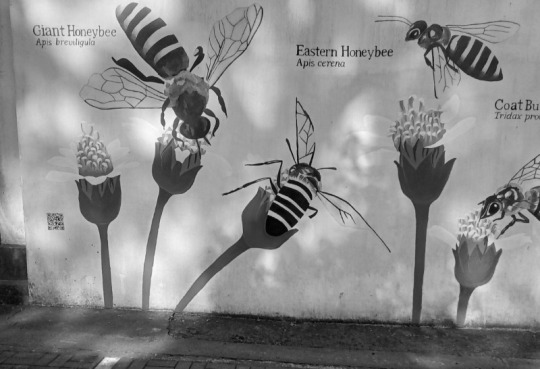
Today officially marks the end of my first month in college.
It feels surreal to finally be here, at this stage of life. When I reflect on the difficulties I've had to get where I am now, I could only feel one thing: determination.
My journey, though it has only begun, is marked by uncertainties. This I am sure of, and haunts me in both my waking days and dreams. I am unsure of my course, my mental capacity, and capablity to handle the academic pressure. But as I walk along the campus paths marked by solitude, a strange energy surges through me that reminds me of why I am here in the first place.
I am here to learn. I am here to discover myself to the best of my potential.
I may be distracted by all sorts of challenges, hardships, and bitterness, but I will not let that hinder my passion to learn.
Here are some pictures I took during my first day.

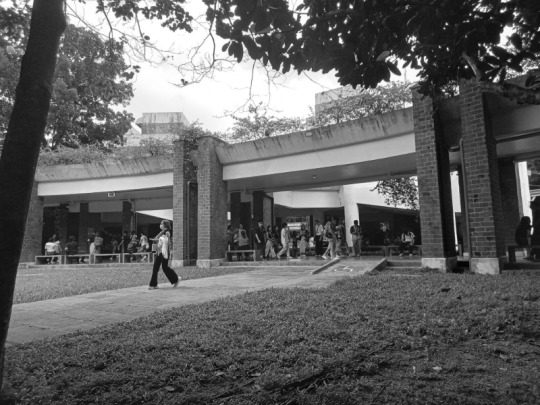
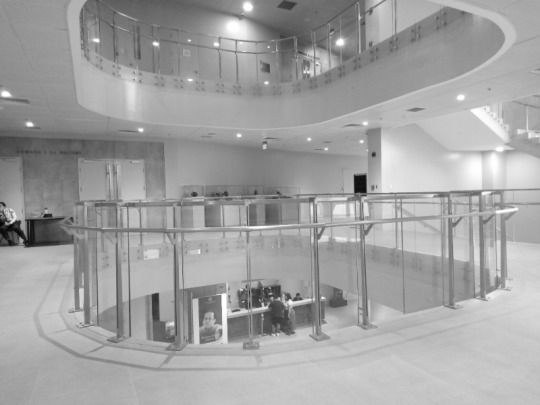

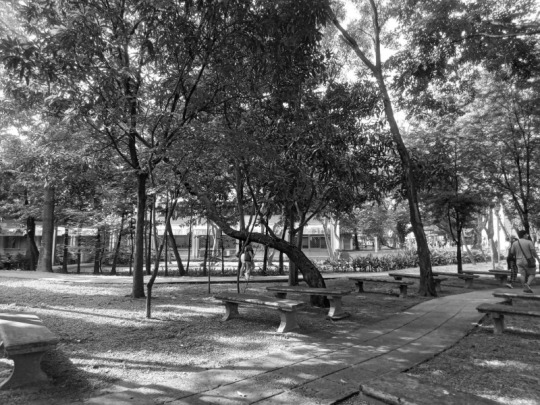
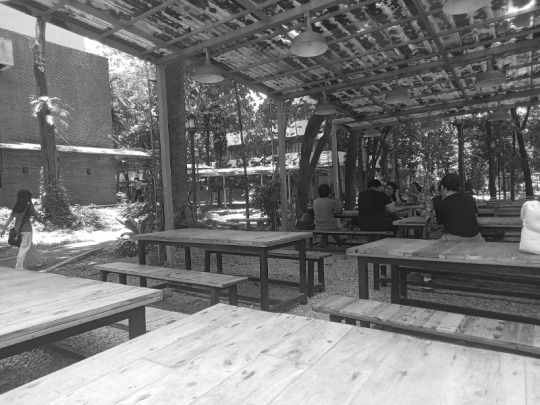
6 notes
·
View notes
